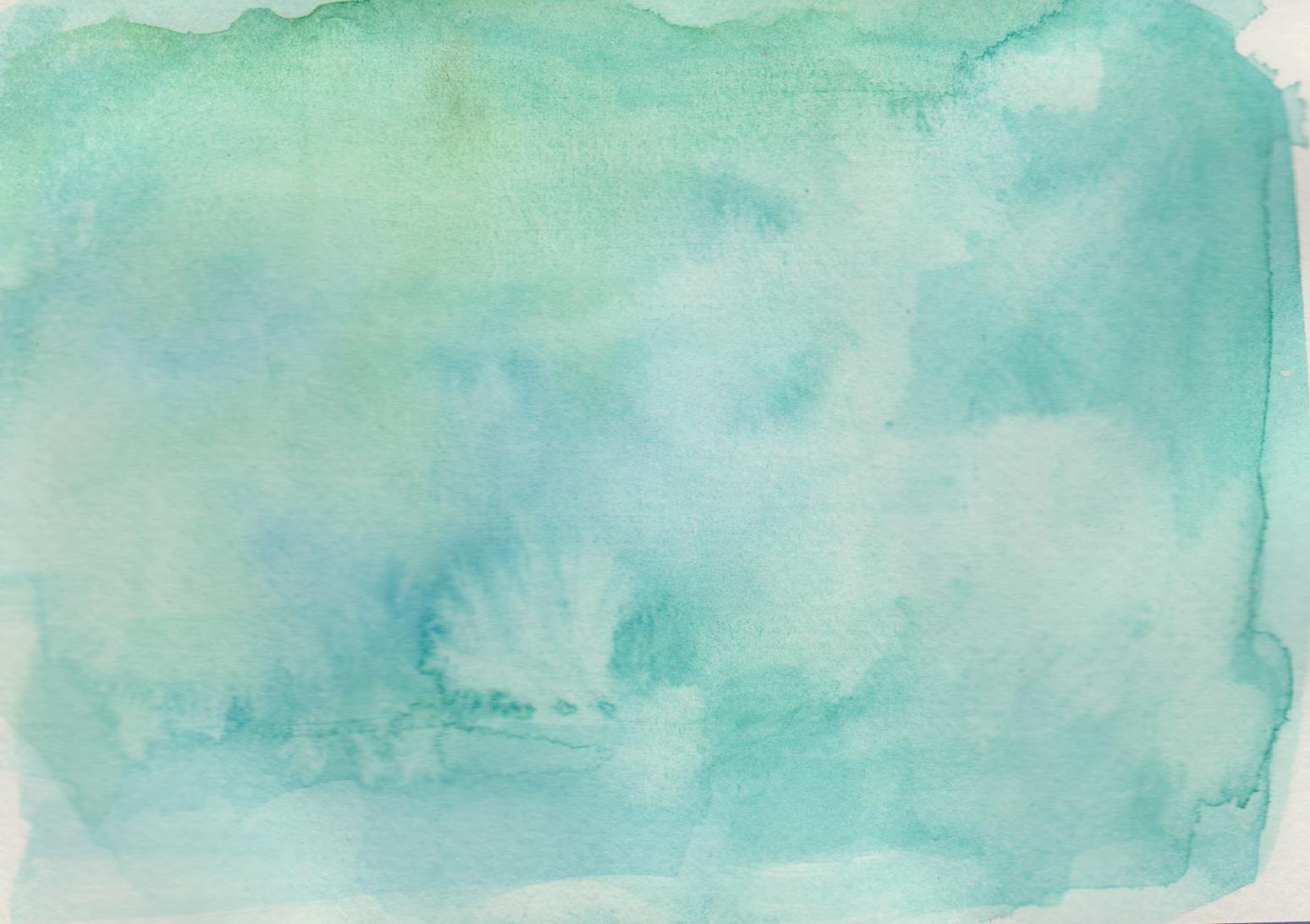why do we have funerals?
Ceremonies have long formed part of our human culture. We use them throughout our lives to mark beginnings and ends, journeys and transitions; sharing them with the people we walk the paths of our lives with.
When someone dies we come together with our communities to support each other. We remember the life of the person who died, we honour their life and acknowledge their death.
We honour their gifts and their struggles. We tell their stories to feel connected to them, to reawaken memories, to learn things about them that maybe we never knew; to remember them.
We acknowledge the reality of their death and our loss. We experience the emotions and begin processing our grief as the significance of their dying sinks in, the realisation that they are no longer physically present in our lives.
We often look for comfort, strength, hope and inspiration. Healing words can give a sense of meaning to sometimes sad and difficult situations. Including simple gestures of favourite flowers or music or having some of their belongings there with us can help us feel connected to the person who has died. Funerals should give both permission to grieve and then also permission to live.
In accordance with the beliefs of the person who has died, we ask for safe transition of the the soul or the spirit into whatever lies beyond, or for them to rest in peace.
We also respectfully have to deal with the body of the person who has died. This may vary according to religious beliefs, preference or traditions. In the UK this is usually in the form of cremation or burial.
We create funeral ceremonies to meet all these needs.
beliefs
Often when families and friends come together, there will be a wide range of ages and views. There will be different traditions and expectations of what a funeral should be; there will probably be a diversity of philosophies, faiths and spiritual beliefs, with some people unsure or “unaffiliated”. What will unite everyone though, is the need to honour the person who has died, in a truthful, authentic way that reflects them, their essence, their values and beliefs.
It is completely possible to have more than one person holding a ceremony i.e. a celebrant and a Buddhist monk, or to have a non religious ceremony with a prayer or a blessing. There can be a held open space inviting friends and family to contribute. Silence can be used for people to remember or pray as they wish. Metaphors of nature and beautiful poems can link all of us to whatever our individual spiritual path may be.
what is possible?
So many things are possible; maybe they left clear wishes, maybe it has been left for you to figure out. Please take some time to really think about what feels right, and don’t feel rushed. You can have a small intimate funeral ceremony in your own home, a simple traditional tribute at the crematorium, a large memorial service in a village hall or venue, a service at the funeral directors chapel, gathering and burial at a green burial site or on your own land, or maybe a ceremony for scattering the ashes at a later date will feel right.
Saying goodbye when someone has died is not about overblown gestures, but about honouring the person who has died, with love. Poetry, music, song, silence, candles, personal touches, caring for their body and holding vigil, making or decorating the coffin, carrying the coffin, digging the grave, a venue that feels fitting… It is possible to take courage and follow your hearts to create a simple ceremony full of meaning. Often it may feel right to have more than one gathering.
difficult situations
Sometimes we may not have had an easy relationship with the person who has died, or we have conflicting feelings. Maybe the circumstances of life or death were complex and difficult to process? Families and situations can be complicated- this is really common. Even in difficult situations, with care and thought, it is very possible to find a gentle way to acknowledge difficulties, yet still be respectful of the person who has died.

